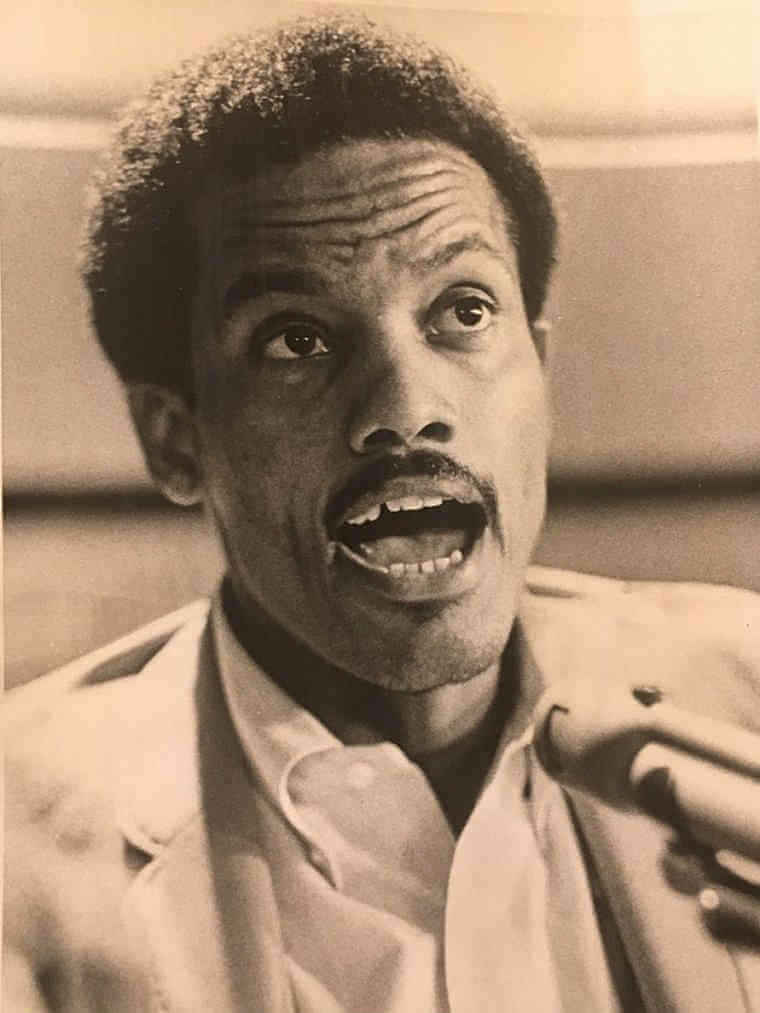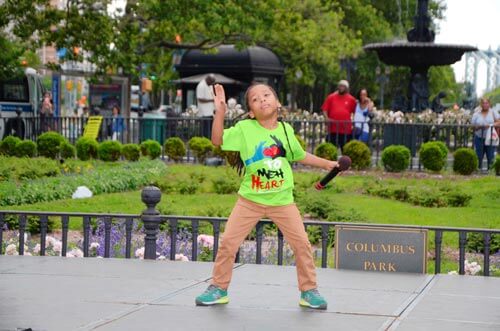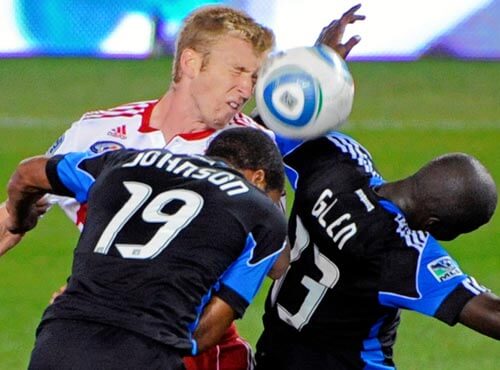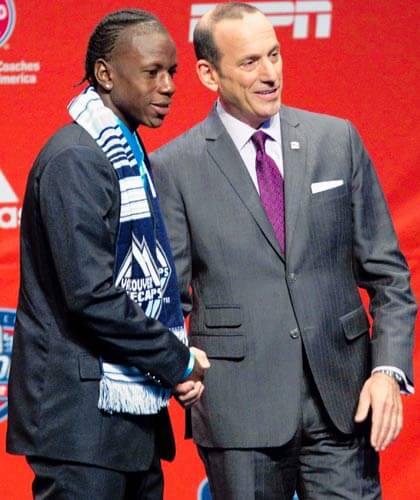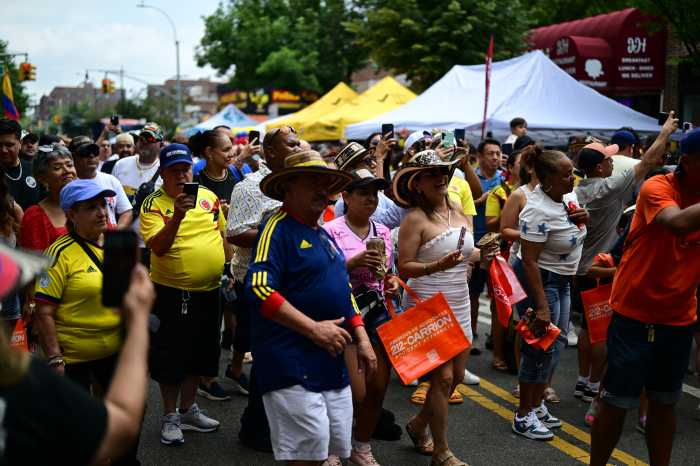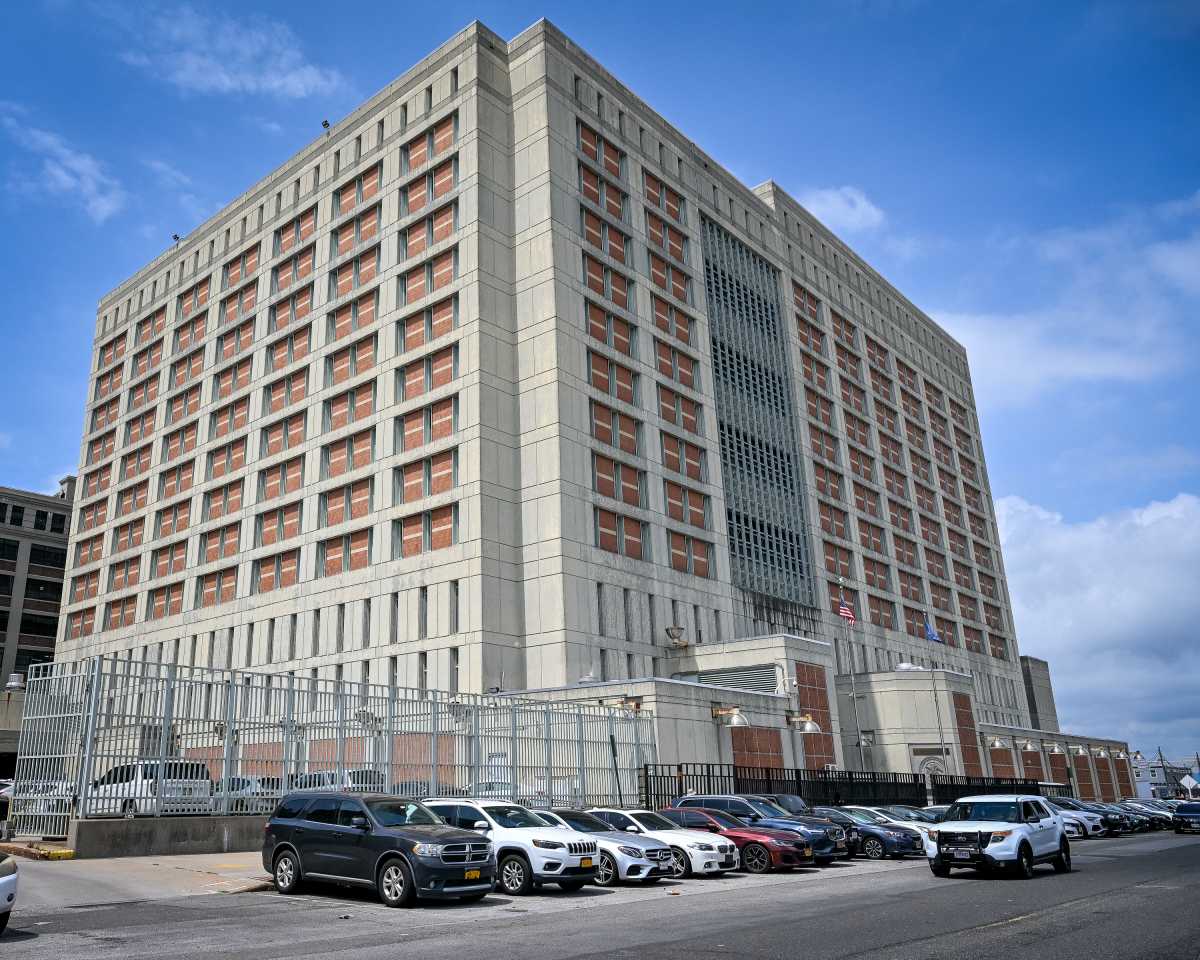Another Black giant fell on July 10 when Dr. Carlos Russell succumbed at Maimonides Hospital.
The visionary author, playwright, educator, ambassador, and historian, acclaimed for establishing a Black Solidarity Day in 1969, died in his sleep at age 84. He was born in the Republic of Panama on Aug. 6, 1934.
“It is with great sorrow that we mourn the passing of Dr. Carlos Enrique Codington Russell. He was a beloved son, father, brother, uncle, cousin, teacher, and best friend to us and many in our community,” a family statement said.
“He is now at peace with our ancestors. His fervent desire was for us, the community, to continue the fight for social justice and equality for all. His intelligence, passion, wit and love for all mankind will be missed.”
News of his passing sent shockwaves throughout the Caribbean community with many individuals reprocessing an assumption that he had returned to the homeland he left in 1955 and, although ailing, would survive his ailment.
“I am shocked,” Imhotep Gary Byrd said on hearing the news. Informed of the transition while broadcasting his weekly Global Black Experience on WBAI-FM he expressed sorrow and reflections about the individual he often consulted with on matters related to sociology.
Byrd and Russell were fellows who shared the same broadcast chair at WLIB-AM, a station that formerly programmed an all-Caribbean news, information and entertainment format.
Together they also shared similar perspective on politics, government, social issues and a myriad of other culturally enlightening topics.
John Crow, a former actor recalls working under Dr. Russell’s direction when he presented “Monkeyshines and Pappyshows,” a Caribbean comedy.
“He was very precise,” Crow recalled “He knew exactly how and where he wanted the play to go.”
Staged in the Flatbush area of Brooklyn, the play previewed a Caribbean dinner theater presentation which combined an entertaining showcase with fine dining.
Featuring a cast consisting of thespians representing many Caribbean islands, the play — with a cuisine sampling delights from an amalgam of islands — provided weekend outings to residents of the borough.
The immigrant multi-talented educator hoped the unique concept would take root and flourish allowing theater lovers to enjoy Caribbean productions in Brooklyn.
His “Ode to Panama” was also staged at the Brooklyn Academy of Music.
Dr. Russell was also a published author. He penned “Miss Anna’s Son Remembers,” a book acclaimed for being the first book of Panamanian-West Indian poems published outside of Panama.
He was also one of the creators of “Bahiano,” the first Black newspaper and Panamanian newspaper here in the USA written in both English and Spanish.
His credentials also include the establishment of the Panamanian-West Indian Heritage Association which was inspired by one of the first oral history conferences held here.
The intellectual and activist also served as Panama’s ambassador to the United Nations. However, the Latin American–Caribbean native will be best remembered for his call to action after seeing the Douglas Turner Ward fictional play titled “Day of Absence,” which supposes the plight of residents of a southern town when the black population leaves.
Imagining that the absence of labor in that area caused a downward spiral prompted Dr. Russell to declare a Black Solidarity Day on the eve of every November elections.
On that Monday, the annual event encouraged Blacks to refrain from working, abstain from shopping in white establishments and instead participate in enlightenment of the populace.
Since its 1969 inception, Black students on college campuses have used the day before elections to convene panel discussions, empowerment rallies and other culturally enlightening forums.
Some Blacks who shop on that day remember the embarrassment and shame they felt after realizing they spent money on that Monday.
“I used to always go to Alexanders department store,” an individual who requests anonymity recalls, “and I went as usual on my spree. As I was at the cashier someone mentioned Black Solidarity Day and as much as I wanted those sale items, I left them right there and raced home.”
Initially, the day was endorsed by Black elected officials and respected by progressives who refused to work or enhance businesses owned or operated by whites.
During the Howard Beach Murder Trial, the day became a rallying moment for social justice when during deliberations hundreds demonstrated outside the Queens courthouse.
Dr. Russell arrived in America in 1955 after securing a student visa to attend DePaul University in Chicago. While there, he lived on the south side and witnessed previously unimagined events he had not perceived while living on the isthmus. Among them, he saw the broken body of Emmett Till which was openly displayed for the public to see after the youth was savagely beaten to deah by racists in the South.
His stay in the Midwest was short-lived. He made his way from Chicago to New York in 1961 and furthered his studies at Hunter College where he studied for a degree in social work.
Dr. Russell was a primary organizer for the first national conference of Panamanians, which was organized to solidify the movement of the unification of Black and Caribbean pushback on systematic oppression. He was also professor and Chair of Field Studies at SUNY Old Westbury and director of the SEEK (Search for Education, Elevation and Knowledge) program, as well as Dean of Contemporary Studies, at Brooklyn College. He has also held the position of acting director of International Urban Affairs at Medgar Evers College.
At press time there were no details about Dr. Russell’s funeral arrangements.
Catch You On The Inside!


